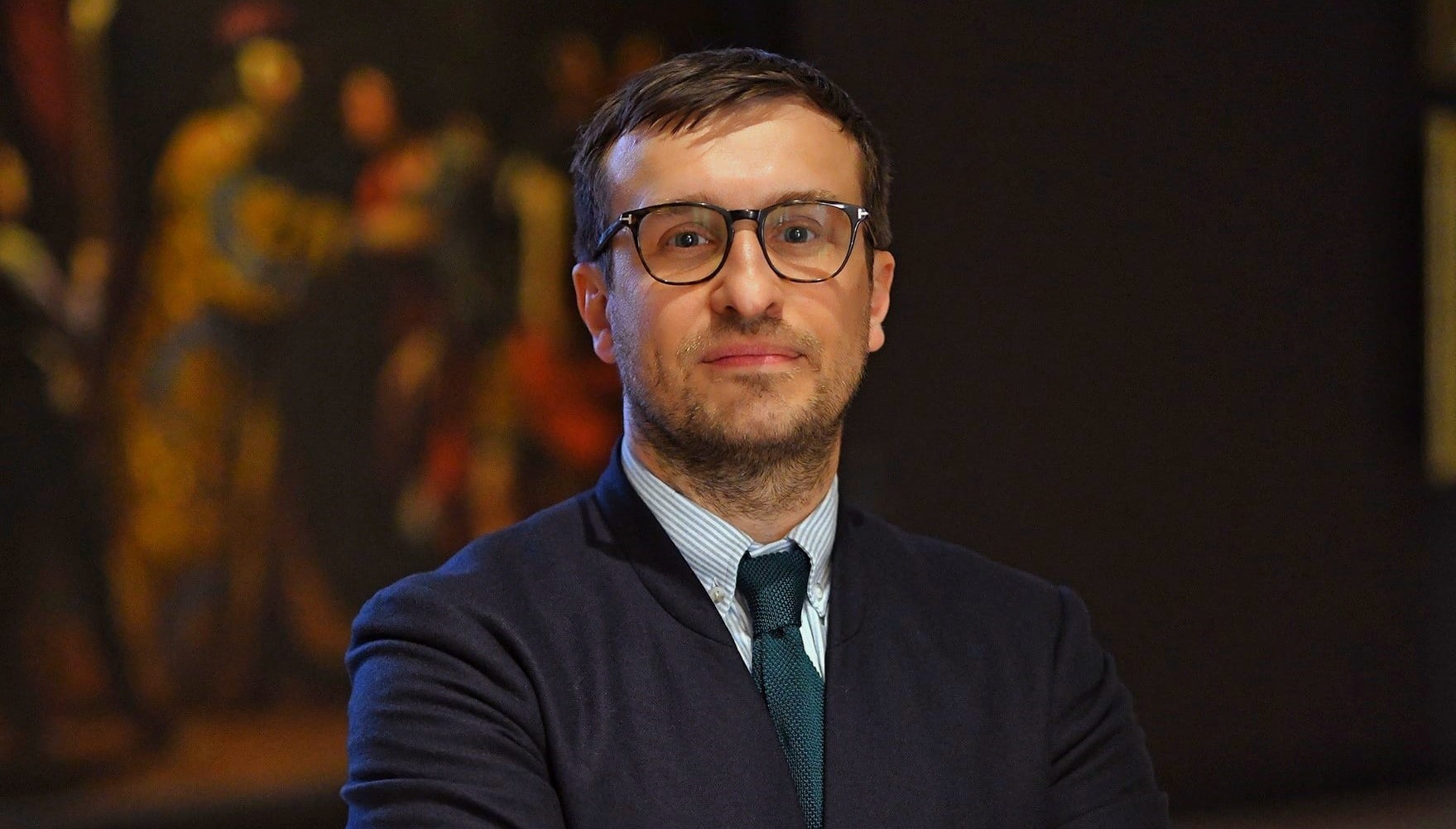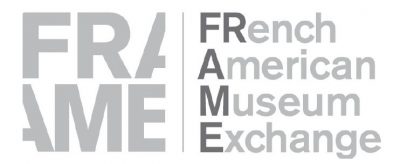Nicolas Misery
Heritage Curator – Director of the Museums of Marseille
Spring and Fall 2025

- Museums
- Los Angeles
- Washington, DC
“Diversify, include, and aim for equity in representation among institutions by working with cultural communities in Marseille and the Mediterranean region to redefine our public museum service in the 21st century.”
As an art historian and heritage curator, I position my career at the intersection of scientific research, support for creation, and the production and dissemination of cultural projects. Leading the Museums of the City of Marseille, I draw inspiration from the multiculturalism of this territory to conceive a strategic project rooted in the Mediterranean and open to community participation. This choice has led me to redirect our exhibition programming, curatorial decisions regarding the presentation of Marseille’s collections, and the heritage acquisitions undertaken by our network to better reflect the richness of Mediterranean creation.
As spaces for contemporary artists’ expression, the Museums of Marseille also aim to highlight personalities and scenes long excluded from museum narratives. The exhibition “Baya. An Algerian Heroine of Modern Art”, presented at the Centre de la Vieille Charité in 2023 and for which I served as the general curator, inaugurated this development axis for our institution, focusing on Algerian creative vitality at the turn of decolonization. A historical success in Marseille, this project also invited our citizens to co-create the visitor experience, linking their intimate and collective experiences to Baya’s trajectory.
My project continues with the general curatorship of the exhibition “Panoramas. Revisiting the Collections of the Museums of Marseille”, which reinterprets Marseille’s heritage through a global and interconnected art history lens, promoting its reappropriation by the broader public. Diversifying, including, and aiming for equitable representation with the cultural communities of Marseille and the Mediterranean region is, in my view, the means to redefine our museum public service in the 21st century.
Heritage Curator, Doctor in Art History, and graduate of ESCP-Europe, Nicolas Misery is the Director of the Museums of the City of Marseille. Responsible for overseeing, developing cultural initiatives, and curatorial programming for this network, he notably served as the general curator of the exhibition “Baya. An Algerian Heroine of Modern Art” presented at the Centre de la Vieille Charité in 2023. He previously held project management and collection management responsibilities at the Maison Européenne de la Photographie and the Albert Kahn Museum. An associate researcher at LARHRA-CNRS, he has also contributed to programs at Columbia University, the Villa Medici – French Academy in Rome, the National Gallery in London, and the Institut National d’Histoire de l’Art. He currently serves on the board of the FRench American Museum Exchange (FRame network).
Designed as a new phase in an initiative launched in 2022 for diversifying the curatorial narratives implemented by the Museums of Marseille, my residency at Villa Albertine will allow me to study the experiences developed by North American museums over the past thirty years to reinvent the artistic, cultural, and societal discourses they present. Beyond historiographical concerns, from a post-structuralist perspective, my goal is also to examine the outcomes of these strategies in terms of audience development, particularly among the cultural communities engaged by North American institutions.
Offering me the opportunity to engage with museum directors, heritage curators, exhibition organizers, project managers targeting North American audiences, and their partners from educational or civil society networks, my stay will be conducive to developing the methodologies necessary for advancing the next phases of my work in Marseille. A comparative study of the territories of Los Angeles and Washington, marked by their significant cultural diversity, as well as an analysis of their systematic inclusion in the strategic projects of museums in these two cities, will provide me with a set of tools to further advance certain projects and experiments initiated by the Museums of Marseille over the past two years.
This residency project will particularly support the completion of the Scientific, Cultural, Educational, and Social Project of the Museums of Marseille, the redeployment of several permanent collection displays, and the structuring of exhibition projects and educational programs within this network starting from the 2025-2026 year. It will also be presented at the FRame 2025 conference in the United States.
My interactions with institution directors, heritage curators, and educational program leaders within the FRame network in recent years have allowed me to assess the effectiveness of the experiments conducted by North American museums in integrating the cultural communities from which their visitors come. These initiatives, which offer both visibility and institutional legitimacy to the multitude of individual and collective experiences that characterize their territories, serve as democratic tools. They are also levers for reinventing art history narratives on a global scale. Most importantly, they reaffirm the crucial role of museums in the social space as guarantors of multiculturalism.
My professional journey has given me the opportunity to study stimulating projects carried out in several American cities, including Houston, Dallas, St. Louis, and New York. My residency at Villa Albertine now provides me with the means to deepen my knowledge, starting with Los Angeles and later, Washington. I particularly wish to focus on projects led by the Los Angeles County Museum of Art, the Getty Center, the Los Angeles Museum of Contemporary Art, and other California institutions. In Washington, I aim to concentrate on the many experiments undertaken by the Smithsonian network, especially the National Museum of African Art, the National Museum of American Latino, and the National Museum of African American History and Culture.
In partnership with

FRAME (FRench American Museum Exchange)


